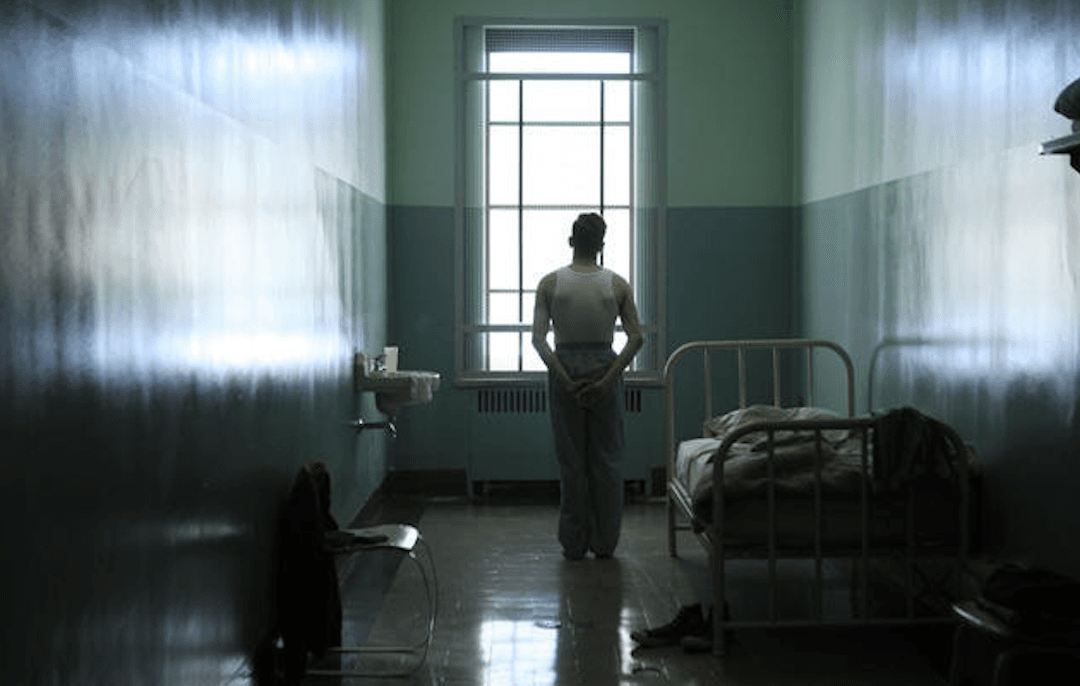Commentary
If you’ve read my articles before, you’re probably familiar with the term “to breen.” This made-up verb, coined by “Variety” back in the 1930s, is the Old Hollywood version of bowdlerization. Named after Joseph I. Breen, it’s the process of applying the Motion Picture Production Code to film stories and scripts to render them acceptable for audiences of all ages, which was done by the Production Code Administration (PCA) starting in 1934. From the PCA’s formation in 1934 until his retirement in 1954, Joe Breen was head man at the PCA and had the last word in Code-enforcement, hence the term in his honor. To illustrate the huge influence the Code had in making classic films the masterpieces they are, I’ve analyzed how “A Streetcar Named Desire” (1951) and “Casablanca” (1942) differed from their source material because of the PCA’s influence, letting my readers choose whether “To Breen or Not To Breen.”





